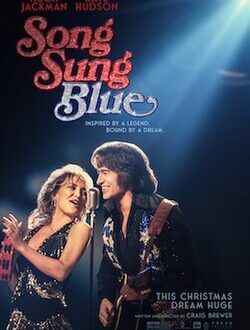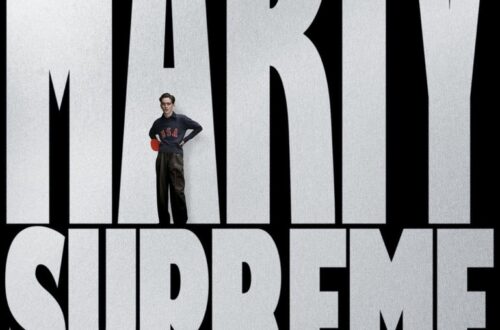The Money Murders, directed by veteran filmmaker Jonathan Hale, is a stylishly grim thriller that attempts to blend social commentary with old-school noir aesthetics. Set against the glittering skyline and shadowy alleys of New York, the film dives deep into the corrosive effects of greed, portraying a world where money is both the ultimate prize and the sharpest blade. With its taut pacing, impressive performances, and an atmosphere drenched in paranoia, it proves to be one of the more intriguing thrillers of 2024.
The film opens with the shocking murder of a high-profile hedge fund manager, found dead in his penthouse suite with a cryptic note scrawled in blood: “All debts are paid.” From there, the narrative introduces Detective Lena Torres, played with brooding intensity by Jessica Chastain, who quickly realizes that the killing is no ordinary crime of passion. Each subsequent murder, all linked to the finance industry, follows the same grisly pattern. What begins as a homicide investigation spirals into a labyrinth of financial corruption, political blackmail, and the kind of secrets that destroy lives when exposed.
At the center of the story is Chastain, whose performance grounds the film in steely realism. Torres is a detective haunted by her own past, balancing the cynical wisdom of years on the force with a quiet vulnerability that slips through in rare moments. Chastain delivers on both fronts, commanding the screen whether interrogating smug financiers or staring down her reflection in a whiskey glass after a long night. The supporting cast adds considerable depth: Michael Shannon as a shadowy financial adviser with ties to organized crime, John David Washington as a crusading journalist who becomes Torres’s reluctant ally, and Hong Chau as a calculating district attorney who seems as invested in protecting reputations as in pursuing justice.
Hale’s direction leans heavily into noir traditions, and the cinematography by Greig Fraser reinforces it with striking contrasts of light and shadow. Neon reflections glimmer on wet pavement, skyscrapers loom like watchful giants, and interrogation rooms become stages for psychological duels. The score, a moody mix of jazz and industrial beats by Trent Reznor and Atticus Ross, underscores the tension without overwhelming it. The sound design pays special attention to silence—pregnant pauses in dialogue, the faint hum of fluorescent lights, the ticking of a watch—all amplifying the sense of unease.
Thematically, The Money Murders is an excoriation of the finance world and the human wreckage it leaves behind. Characters are driven not by passion or revenge in the traditional sense, but by a world that monetizes everything, even death. The killer, revealed gradually through misdirection and breadcrumbs, is less a person than an idea: a reckoning against those who believe wealth is an impenetrable shield. While this concept occasionally verges on heavy-handed, Hale manages to keep the narrative gripping enough to prevent it from collapsing under its own moral weight.
That said, the film is not without flaws. The pacing, while deliberate, occasionally lingers too long on exposition-heavy exchanges about financial regulations and hedge fund manipulations. While these details add verisimilitude, they risk alienating viewers unfamiliar with the intricacies of Wall Street. Likewise, the climactic reveal, though satisfying in its execution, doesn’t quite match the intensity of the buildup. The killer’s motivations, while thematically consistent, feel somewhat underexplored given the film’s ambitions.
Still, the experience of watching The Money Murders is undeniably engrossing. Hale knows how to craft a scene that grips the audience, and he extracts top-tier performances from his cast. The film’s imagery stays with you long after the credits roll: the vacant eyes of a victim staring into the Manhattan night, Chastain’s Torres lighting a cigarette in a rainstorm, the gleam of gold cufflinks dropped into a pool of blood. It’s a film that understands the power of visual storytelling as much as narrative momentum.
In the crowded field of crime thrillers, The Money Murders distinguishes itself by marrying atmosphere and performance with a clear-eyed critique of greed. It may not reach the operatic heights of classics like Se7en or Zodiac, but it stands as a worthy addition to the genre, one that lingers in the mind and sparks conversation about the true cost of wealth. For audiences willing to wade through its shadows, it delivers both chills and food for thought—an elegant, unsettling reminder that in the pursuit of money, everyone leaves a trail, and some trails end in blood.



